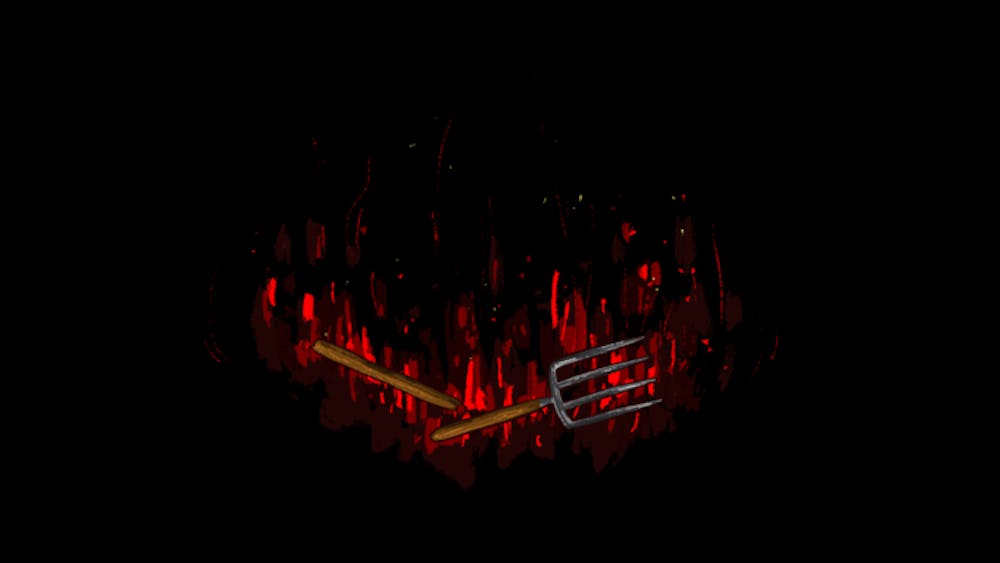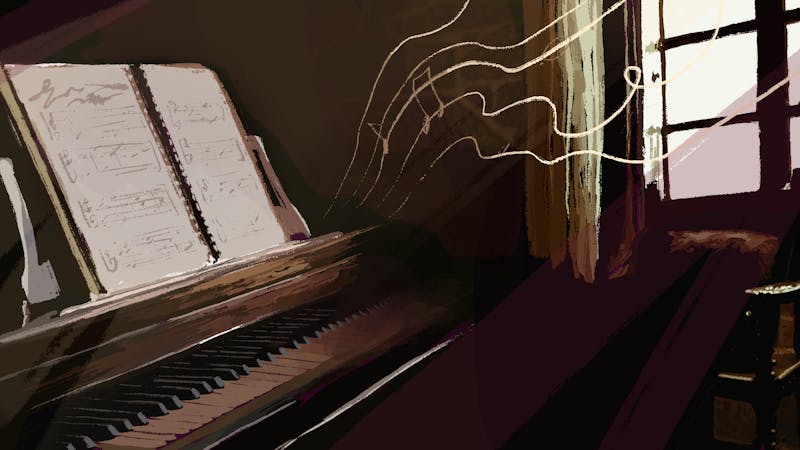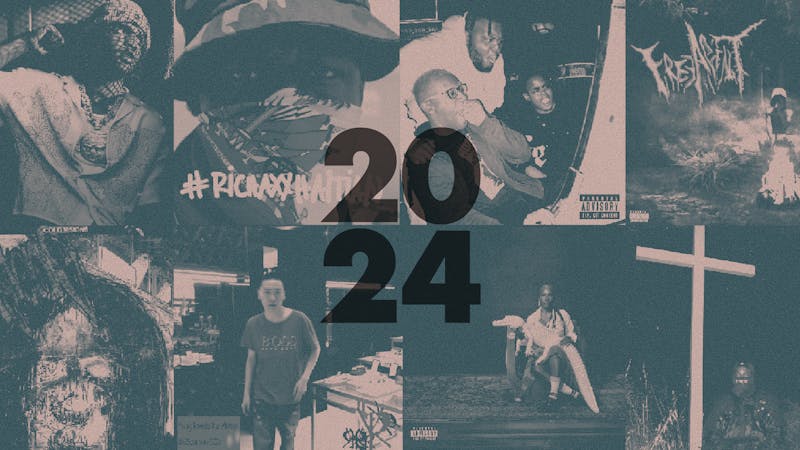“Can the basement that they run p*tchfork out of just collapse already,” Halsey tweeted after reading the publication’s review of her 2020 album Manic—a review that said her newest work reminded them of “sitting miserably in the backseat of a Lyft.” This tweet was promptly deleted after Halsey found out that Pitchfork operates out of the World Trade Center. Halsey quickly tried to remedy the issue by claiming she was joking and was attempting to “poke at them back with the same aloof passive aggression they poke at artists with.”
Despite its now mainstream status, Pitchfork was first founded as a blog in 1996 in Minneapolis that covered alternative and independent musicians and songs. It started to gain traction in the early 2000s due to its frequent updates and emphasis on emerging artists, and its popularity skyrocketed even further in the 2010s before becoming the Pitchfork we know today: a Condé Nast subsidiary with professional reviews and a focus on more mainstream acts. Although Pitchfork remains one of the most well–known music journalism publications, its website faced a 36% decrease in viewership last year, and it was announced this year that the company would be absorbed by GQ. Pitchfork isn’t the only music publication that has suffered, with other outlets such as Rolling Stone and NME also making efforts to regain their footing within the past five years. With all of these publications dwindling in relevancy, this trend begs the question: Why are we turning our backs on traditional music journalism? The source of this issue is obvious: the internet.
Social media has made participating in the exchange of ideas and opinions more accessible to ordinary people around the world. This phenomenon has made the barrier to entry to music criticism pretty much nonexistent. You no longer need to have a degree in journalism or work for music publication monoliths to tell people how you feel about certain songs, albums, or artists—all you need is a social media account and an interest in expressing yourself. The ease of making widely accessible comments about music encourages people to put their opinions out there. This, in turn, creates hundreds of thousands of different “reviews” about one album or song that you can find just by typing up an artist’s name on Instagram or X, the platform formerly known as Twitter. Social media comments are also usually short and to the point, in contrast to Pitchfork or Rolling Stone reviews.
But what if I want one single, focused review that is highly analytical? Social media has that too! On YouTube, you can watch thousands of videos of people reacting to and sharing their insights on new music. The voices of professional critics are being drowned out by a sea of social media users who finally have the power to share their opinions about new works. The sheer volume of amateur reviews has changed who gets to wield cultural power—the everyday consumer or fan is now the loudest voice in the music criticism scene, making the professional critic increasingly less prominent.
This gap between the consumer and the critic continues to intensify on social media. Take, for example, the “let people enjoy things” debate. Many online say that we should stop lambasting things others like simply because we don’t, and instead, leave people to partake in what they want. Unfortunately, professional critics of popular music publications are not being paid to leave people alone. It’s quite the opposite—they’re being paid to look at music with more scrutiny and skepticism than the average person. This encourages consumers to turn on music critics even further, viewing them only as “haters” who are “dunking on their faves.”
This problem gets bigger when we consider how artists themselves feed into this. Halsey is not the first musician to call out critics for publishing unfavorable reviews. Lizzo claimed, in reference to Pitchfork, that “People who ‘review’ albums and don’t make music themselves should be unemployed” (a position she has since retracted), and Ariana Grande said that the people who worked at “all them blogs” must be “unfulfilled.” When musicians paint a picture of critics as hateful people who are attacking them, their fans will, more often than not, side with the artist and be inclined to believe the same, furthering their disdain toward professional critics.
Music criticism is dying. Its murderer? The internet and the way it has changed the ways we approach and consume music. In the coming years, Pitchfork will likely not be the only publication to be bought out and downsized. But these companies will be able to adapt to the changing times, and it would not be shocking to see publications trying to double down on their social media presence. Instead of publishing their reviews on their websites or magazines and promoting them with short quotes on social media, they might try uploading reviews directly onto social media platforms that are shorter in length than what you would find on a website. This allows for professional critics to share their reviews and for consumers and fans to add their own opinions in the comments section. Despite the challenges they face, these outlets certainly won’t go down without a fight. Only time will tell if professional music criticism will be able to coexist with the opinions of the general public, but I remain optimistic.






